Less, a Novel, winner of the 2018 Pulitzer Prize
Authored by Andrew Sean Greer
Reviewed by James Victor Jordan
A Magniloquent Spoony
When we meet Arthur Less, the protagonist in Andrew Sean Greer’s fifth novel, he is almost fifty. He is a mid-list author waiting to hear word from his publisher—hopefully word of a significant advance for his latest novel Swift. Soon after beginning the story, we learn during a flashback that “Arthur Less did not publish until he was in his thirties. By then, he had lived with the famous poet Robert Brownburn.” Irony of ironies, Brownburn, a member of the by-then-almost-extinct collective of Russian River artists, is a winner of the Pulitzer Prize. This casts a shadow over Arthur as an inescapable cloak of another person’s fame. It defines Arthur to as great an extent as it defines Bwornburn. So was the 2018-Pulitzer-Prize committee having a bit of fun awarding its annual literature prize to a novel extolling a fictive-Pulitzer-Prize winner? Perhaps. But even those who think that the award should have gone to Lincoln in the Bardo would have to admit that Less unquestionably was a worthy winner of the award. It is hilarious, heartwarming, poignant, illuminating, philosophical: a top-tier latter-day romantic comedy.
Arthur Less’s first novel, Kalipso, was his most successful but only a “moderate success.” When none other than the esteemed critic Richard Champion reviews Kalipso for The New York Times, Brownburn says, “it was a good review.” “But every author can taste the poison another has slipped into the punch, and Champion ended by calling the author himself a ‘magniloquent [meaning grandiose or ostentatious] spoony’ [meaning unduly emotional or sentimental].” Arthur wonders if Champion is “sending a message to the enemy.” Brownburn affirms, telling Arthur “he’s just calling you a faggot,” which is the world of this novel, as it should be in life, is not an insult. Nonetheless, from then on Arthur Less wears the sobriquet “magniloquent spoony” as a badge of insecurity. Every badge has two sides. The opposite side of Arthur Less’s badge of fear is, as he’s told by his current lover, Freddy Pelu, bravery. This is but a brief glimpse of the richness and delicious complexity
of character Greer brings to the page.
Life quickly goes south for Arthur Less in the first chapter. Freddy Pelu leaves him to marry another, Arthur is invited to the wedding and must find a reasonable explanation for declining the invitation, and Swift is declined by Arthur’s publisher of almost twenty years. Not sent back for a rewrite. Not given any feedback or criticism, just flat-out rejected. Hence it is with this baggage, with this sorrow, that Arthur begins a trip around the world he’s arranged as his excuse to avoid Freddy Pelu’s wedding with dignity. He’ll travel to New York where wearing a cosmonaut’s helmet before a large crowd he’ll interview the popular science fiction writer H. H. H. Mandern, to Mexico where he’ll attend a literary convocation celebrating the poetry of the too-infirm to travel Robert Bownburn, to Italy where he will attend an awards ceremony where the recently translated-into-Italian Kalipso is a contestant, to Germany where he will lecture, to the Sahara where he will vacation with old friends, to India where he plans to write, revising Swift, and to Japan where he will write a review of Japanese cuisine. The memories and the emotions Arthur experiences during his preignitions are journeys in their own right. And along the way we see Arthur afraid and intrepid.
There are aspects of this novel I would describe as genius. Less, except at times in the flashbacks, is written in first person present tense but almost as if it were written in close third person—the first-person narrator can tell us the thoughts, the feelings of Arthur Less. But who is this omniscient first-person narrator? There are hints but not a full reveal until the end. Then there is the philosophy. In one instance Brownburn tells Arthur that when you meet someone, a time machine is created. Later you can go back in time with your memories to the first time you met the person. But you cannot really know a person from a time before you met him. You can surmise, believe what you’re told or what you read, but that is not a substitute for knowing the person.
For these reasons I award Less a most-praiseworthy review.

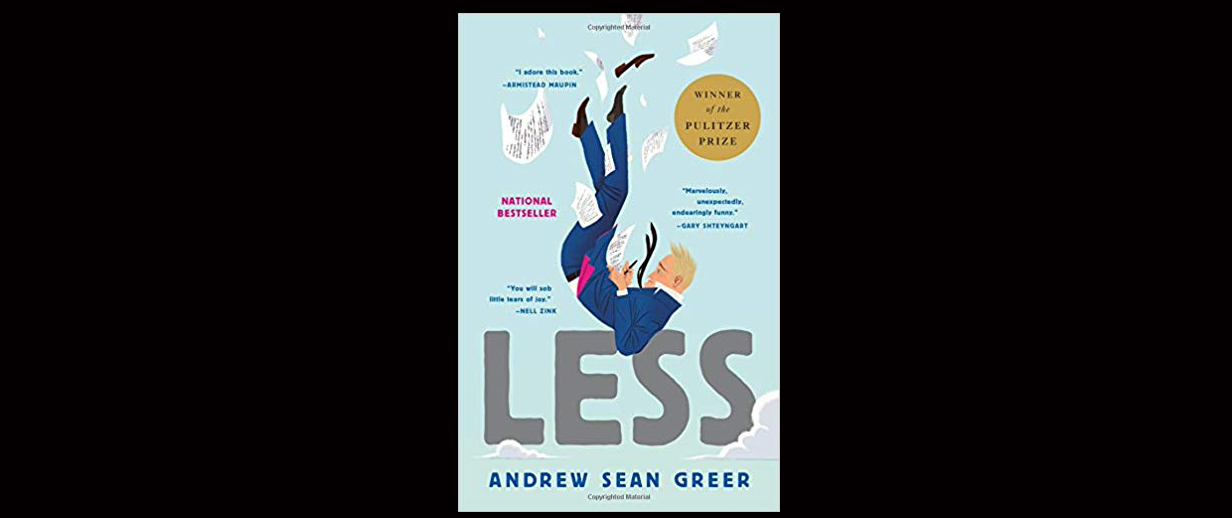



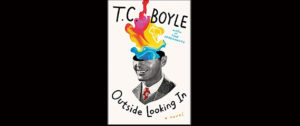
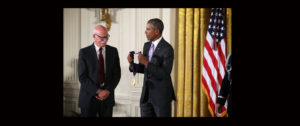

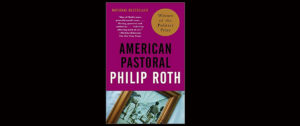
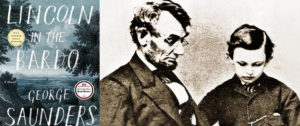




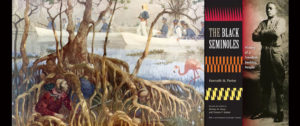





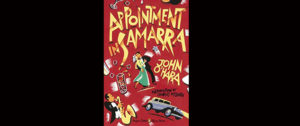

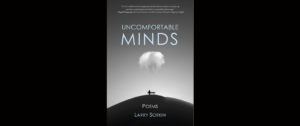



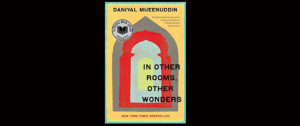

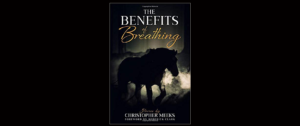



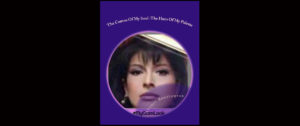









Yes, Less is a very clever novel, and this is a terrific summary and insightful review!
Thank you Jacob for the compliment and the feedback.
I just reread your review of ‘Less’ since it came up in last night’s conversation and I didn’t think that it received its due. I so appreciate your reminding me why I enjoyed it so much. Maybe it seems ‘less than’ because there is an underlying sweetness to it, which is affirming – much needed and appreciated these days.
Enjoyed our discussion of ‘American Pastoral’ !
Barbara
Thank you Barbara. We (Kathy who said she’d co-author) and I are hard at work on our review of American Pastoral. Each of the reviews I’ve found has been written by a person with great knowledge of and familiarity with Roth’s work. I suppose there is benefit in reading a review from reviewers who haven’t read any of his other books yet.
When I was first reading LESS I too wondered why it was Pulitzer Prize worthy. But it was so clever, so well written, and as you observe so sweet and humane, that I was in the camp of the Pulitzer judges.
Thanks for contributing here. Best, James